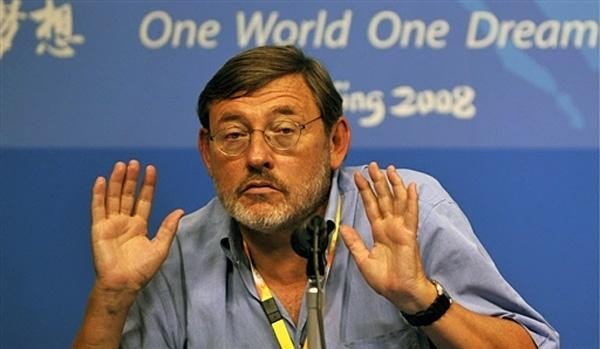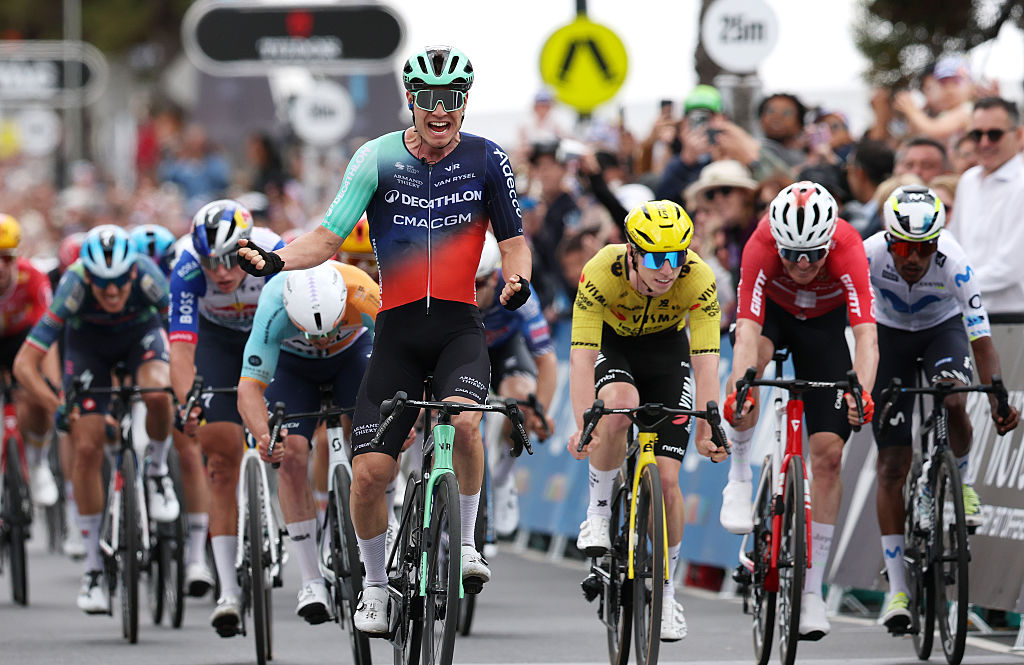Spain talks tough after Olympic embarrassment
Spanish sport officials have called on Maria Isabel Moreno to name and shame her doping products...

Spanish sport officials have called on Maria Isabel Moreno to name and shame her doping products supplier after the rider became the 2008 Beijing Olympic Games' first doping positive yesterday. Spanish sports minister Jaime Lissavetzky pledged to find and prosecute those involved in doping at a press conference in Beijing, China.
"We are going to hunt down these shameless people who harm our athletes," Lissavetzky said. "We are going to clamp down totally and will take the toughest action."
Moreno was tested only hours after arriving in Beijing on July 31, and returned to Spain later that evening after telling her Spanish team she was suffering from an anxiety attack. The cyclist had been slated to contest both the women's road race and tomorrow's time trial.
"She was quite different after being tested," Spanish Cycling Federation secretary general Eugenio Bermúdez said. "She was crying all the time and she insisted she wanted to go home."
Moreno's non-negative caps off a month of highs and lows for Spanish cycling. While the nation's athletes have claimed both the Olympic Games men's road race victory and won the Tour de France, it has had to contend with the positive tests from Manuel Beltrán and Moisés Dueñas at the Tour and now Moreno's Olympic Games positive.
"I ask you Maribel, looking you in the eyes, 'who gave you the substance and where did you buy it?'," Lissavetzky said.
Spain launched one of the largest doping investigations in international sport, name Operación Puerto, in 2006 but the investigation has been shrouded in controversy. Only three cyclists – Ivan Basso, Michele Scarponi, and Jörg Jaksche – have been handed suspensions following the investigation, despite a long list of athletes being connected with the investigation.
The latest race content, interviews, features, reviews and expert buying guides, direct to your inbox!
The investigation had been shelved in 2007 by Judge Antonio Serrano, but pressure from world sporting authorities forced the re-opening of the case in February. The Court of Arbitration for Sport (CAS) attempted to have the blood bags connected to the investigation turned over to it in April, however Serrano wouldn't share evidence with the private body, as he's not required to under European Union laws.
